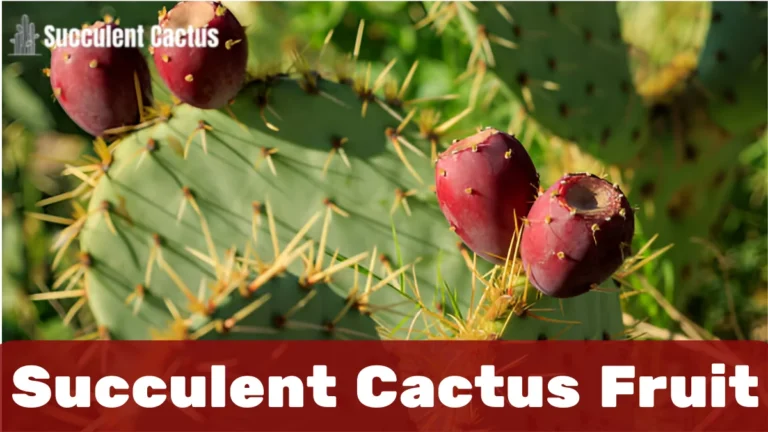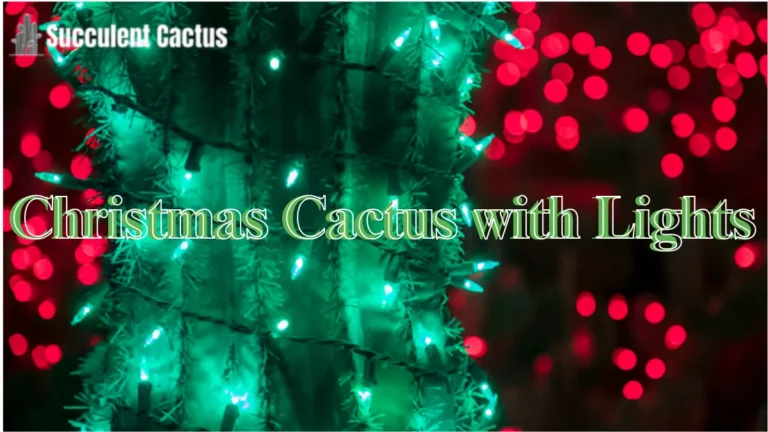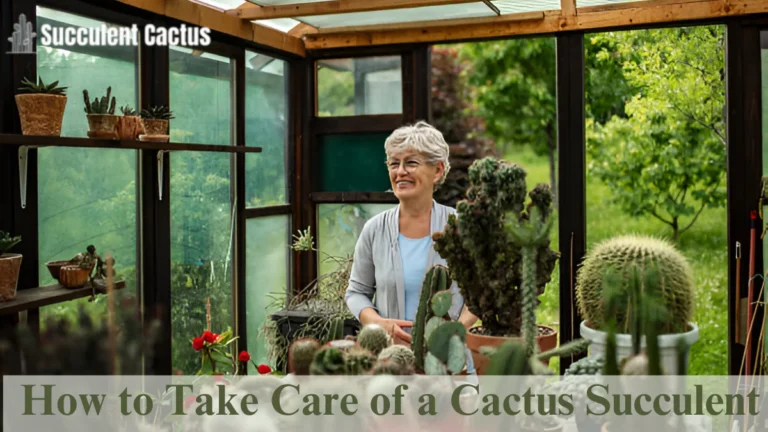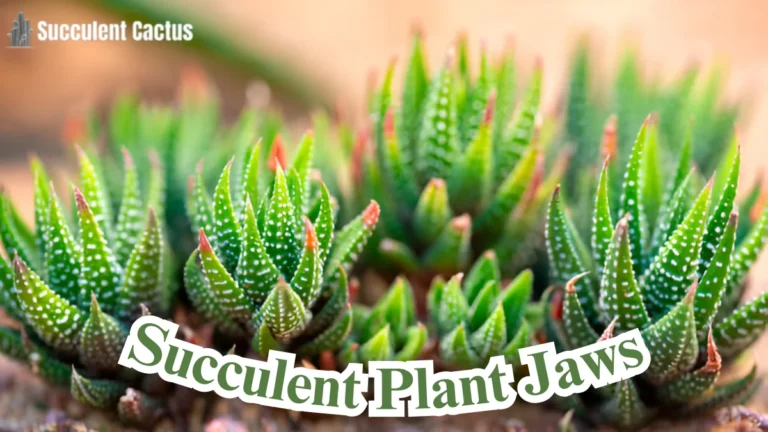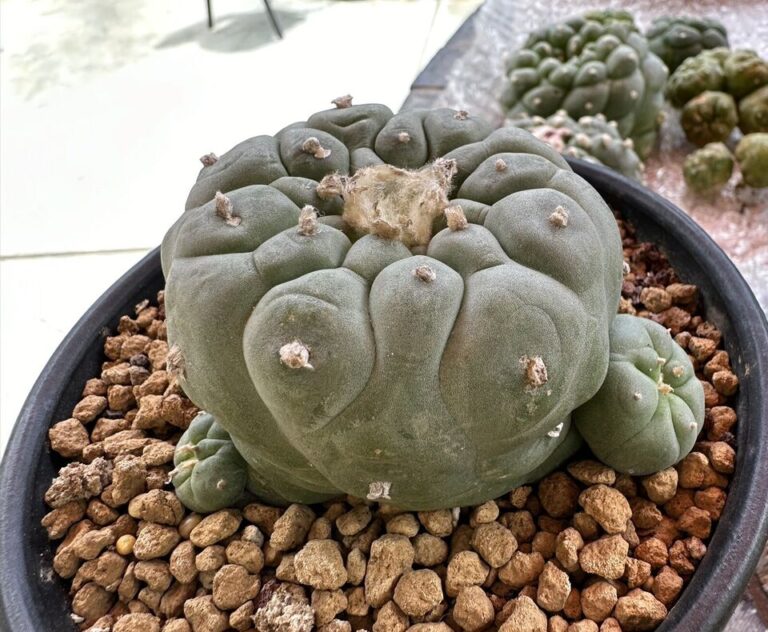The Ultimate Guide to Buying Succulent Cactus Plants Wholesale

Succulent cactus plants have taken the gardening world by storm due to their low maintenance, aesthetic appeal, and ability to thrive in various environments. Whether you’re a small business owner, landscaper, or plant enthusiast, purchasing succulent cactus plants wholesale offers a cost-effective way to build a beautiful collection. In this guide, we’ll cover everything you need to know about buying succulents and cacti wholesale, from selecting reliable suppliers to ensuring proper care.
Understanding the Wholesale Succulent Market
What Are Wholesale Succulent Cactus Plants?
Wholesale succulent cactus plants refer to bulk purchases made directly from suppliers, often at significantly reduced prices compared to retail. This option is favored for businesses, landscapers, and event organizers seeking cost-effective solutions for large-scale plant needs.
Key benefits of buying wholesale include:
- Lower Costs: Wholesale pricing typically reduces the per-plant cost by 50%.
- Diverse Options: Suppliers often provide a wide range of species.
- Convenience for Bulk Buyers: Wholesale orders eliminate the need to purchase plants individually, saving time and money.
For example, a small business specializing in home décor can buy wholesale succulents like Haworthia, Aloe Vera, or Echeveria to create unique arrangements for resale.
Benefits of Buying Wholesale
Purchasing succulent cactus plants wholesale offers several distinct advantages beyond just cost savings.
Why Wholesale is Beneficial:
- Economical for Large Projects: Landscapers and event planners can fulfill large-scale requirements affordably.
- Reduced Supply Chain Hassles: Wholesale suppliers often provide door-to-door delivery, minimizing logistical challenges.
- Opportunity for Resale: Small retailers can purchase wholesale plants and sell them at marked-up prices for significant profits.
Example: A wedding planner ordering 200 succulents for centerpieces could save $500–$800 by buying wholesale rather than retail.
Challenges in Wholesale Purchases
While buying wholesale succulents has many benefits, there are a few challenges to consider:
- Minimum Order Requirements: Suppliers often have high minimum order quantities (MOQs), making this option less practical for smaller buyers.
- Shipping Concerns: Shipping large orders can sometimes result in damaged plants due to poor handling.
- Storage Limitations: Buyers need adequate space to store and care for bulk orders.
By working with reliable suppliers and planning storage solutions ahead of time, these challenges can be mitigated effectively.
How to Find Reliable Wholesale Suppliers
Key Traits of a Trusted Supplier
Choosing the right supplier is essential for a successful wholesale buying experience. A reputable supplier ensures high-quality plants, timely delivery, and competitive pricing.
What Makes a Good Supplier:
- Experience: Look for suppliers with a proven track record in the succulent and cactus industry.
- Customer Service: Reliable suppliers offer excellent communication and are responsive to queries.
- Certifications: Check for pest-free and disease-free certifications to avoid receiving unhealthy plants.
For example, well-known suppliers such as Mountain Crest Gardens and Succulent Market are highly rated for their diverse collections and exceptional service.
Online vs. Local Wholesale Suppliers
When deciding between online and local suppliers, consider the benefits and limitations of each.
| Online Suppliers | Local Suppliers |
| Wide variety of plants available. | Supports local businesses. |
| Convenient for long-distance buyers. | No need to pay for shipping costs. |
| Risk of shipping delays or damage. | Limited selection of exotic plants. |
Tips for Choosing the Right Supplier
Selecting a supplier requires careful research and evaluation.
Pro Tips:
- Ask for Samples: Always test the quality of plants with a small order before committing to a bulk purchase.
- Verify Packing Standards: Proper packaging ensures plants arrive in pristine condition.
- Read Reviews: Online testimonials can offer valuable insights into supplier reliability.
Popular Succulent Cactus Plants Available Wholesale
Top-Selling Succulents
Certain succulents are highly popular among wholesale buyers due to their versatility and ease of care.
Most Common Wholesale Succulents:
- Echeveria: Known for its vibrant rosette shape.
- Sedum: Perfect for ground cover and vertical gardens.
- Crassula (Jade Plant): A hardy succulent loved for its thick, glossy leaves.
Trending Cactus Plants
Cactus plants have a unique charm that makes them equally desirable in wholesale markets.
Popular Cacti for Wholesale:
- Opuntia (Prickly Pear): Famous for its flat pads and bright fruit.
- Astrophytum (Star Cactus): Recognizable for its star-like shape and textured skin.
- Mammillaria: Known for its small, round body covered in spines.
Exotic Succulent Cactus Plants
For buyers looking to stand out, exotic varieties of succulents and cacti are ideal.
Examples of Exotic Wholesale Options:
- Living Stones (Lithops): These unique plants resemble small rocks.
- Blue Chalk Sticks (Senecio): Popular for their striking bluish hue.
- Bunny Ear Cactus: Adored for its cute, fluffy pad formations.
Pricing Structures in Wholesale Markets
Factors Influencing Wholesale Pricing
Several factors affect the cost of succulent cactus plants when purchased wholesale.
- Quantity Ordered:
- The larger the order, the lower the per-plant price. Wholesale suppliers offer tiered pricing, where discounts increase as quantities go up. For instance, 100 succulents may cost $1.50 each, while 500 may reduce the price to $1.00 per plant.
- Species and Rarity:
- Popular species such as Echeveria or Haworthia are more affordable due to their abundance. In contrast, rare species like Ariocarpus or Lithops command higher prices because of their scarcity and slow growth rates.
- Supplier Type:
- Direct purchases from growers are typically cheaper than buying from intermediaries. Growers eliminate middleman fees and are more likely to negotiate discounts.
- Seasonal Demand:
- Succulents see high demand during wedding seasons, holidays, and springtime, causing prices to rise. Buying during off-peak seasons can reduce costs.
Comparing Wholesale and Retail Pricing
Wholesale pricing differs significantly from retail, as shown below:
| Aspect | Wholesale | Retail |
| Cost per plant | $1.00–$2.50 | $5.00–$10.00 |
| Minimum order size | 50–500 plants | No minimum |
| Target customers | Businesses, landscapers | Individual consumers |
By understanding these differences, you can assess which option suits your needs better.
Negotiating Wholesale Deals
Many suppliers allow room for negotiation, especially with bulk orders.
Negotiation Tips:
- Leverage Long-Term Relationships: Repeat customers often receive discounts or perks.
- Request Freebies: Some suppliers include bonus plants or samples to incentivize large purchases.
- Discuss Shipping Costs: Ask for free shipping or reduced rates for larger orders.
Packaging and Delivery of Wholesale Orders
Importance of Proper Packaging
Packaging is critical for ensuring succulents arrive in good condition. Poor packaging can damage delicate leaves and stems.
Essential Packaging Elements:
- Soil Wrapping: Plastic or paper wraps keep the soil intact during transit.
- Airflow: Boxes with small holes prevent overheating.
- Padding: Bubble wrap or biodegradable peanuts protect plants from shocks.
Choosing the Right Shipping Method
Wholesale orders are typically shipped via freight or standard postal services.
Pros and Cons of Shipping Methods:
| Shipping Method | Pros | Cons |
| Freight | Handles large volumes efficiently. | More expensive for small orders. |
| Standard Shipping | Affordable for smaller orders. | Limited protection for delicate plants. |
| Express Shipping | Quick delivery, ideal for live plants. | Higher costs. |
Managing Transit Risks
Delays or mishandling can harm succulents, so take precautions.
Transit Risk Mitigation:
- Track Shipments: Monitor the progress of your order.
- Opt for Insurance: Protect your investment against damage or loss.
- Prepare Receiving Area: Have a clean, shaded area ready to unpack plants upon arrival.
Caring for Wholesale Succulents
Initial Steps After Delivery
Once your shipment arrives, it’s important to follow these steps:
- Unpack Carefully: Gently remove plants from the packaging to avoid breakage.
- Inspect for Damage: Check for broken leaves or signs of pests.
- Water Sparingly: Hydrate plants only if the soil is completely dry.
Long-Term Care Practices
To maintain healthy plants, adhere to proper care routines:
Light Requirements: Most succulents need 6–8 hours of sunlight daily.
Watering Guidelines: Water deeply but infrequently, allowing the soil to dry out completely between watering.
Soil Choice: Use a well-draining mix, such as one containing sand, perlite, and organic matter.
Preventing Pests and Diseases
Wholesale succulents may be prone to infestations if not handled properly.
Common Pests: Mealybugs, spider mites, and fungus gnats.
Prevention Tips:
- Quarantine new plants before introducing them to existing collections.
- Use neem oil or insecticidal soap to treat infestations.
Marketing and Selling Wholesale Succulents
Target Customers for Wholesale Succulents
Different customer groups purchase succulents for various reasons:
- Retailers: Buy bulk plants to resell individually.
- Event Planners: Use succulents for weddings, parties, or corporate gifts.
- Landscapers: Incorporate succulents into large-scale projects.
Creating an Online Presence
A strong online presence helps attract more customers.
Digital Marketing Strategies:
- Social Media: Share visually appealing photos on platforms like Instagram.
- SEO: Use keywords such as “wholesale succulents” to optimize your website.
- E-Commerce Stores: Set up an online store for easy purchasing.
Building Customer Relationships
Fostering strong relationships leads to repeat business.
Tips for Building Loyalty:
- Offer loyalty programs or discounts for repeat customers.
- Send newsletters with care tips or promotional offers.
- Provide excellent customer service, including prompt communication and issue resolution.
Environmental and Economic Benefits of Buying Wholesale Succulents
Reducing Environmental Impact
Buying succulents in bulk minimizes packaging waste and reduces the carbon footprint associated with shipping.
- Fewer Shipments: Wholesale orders reduce the need for multiple deliveries, which means fewer emissions from transportation.
- Sustainable Practices: Many growers follow sustainable practices, such as reusing water and avoiding harmful pesticides, to grow succulents.
- Eco-Friendly Packaging: Wholesale suppliers often use biodegradable or recyclable materials for large orders, further reducing waste.
Supporting Local Economies
When you buy from local wholesale suppliers, you support regional growers and strengthen local economies.
- Job Creation: Wholesale nurseries employ staff for planting, caring, and shipping succulents.
- Community Growth: Local purchases help sustain small businesses, which reinvest in the community.
Case Study:
Smith’s Succulents, a family-owned nursery in Arizona, reported a 30% increase in profits when local businesses prioritized buying wholesale succulents directly from them instead of importing.
Cost Savings for Businesses and Individuals
Wholesale purchases are cost-effective for businesses and individuals who require large quantities of succulents.
Examples of Cost Efficiency:
- Wedding Decorations: Buying 500 succulents wholesale costs $500, compared to $2,500 if bought individually at retail.
- Resale Opportunities: Retailers can mark up prices by 200%–300% when reselling succulents purchased wholesale.
Challenges of Buying Wholesale Succulents
Minimum Order Requirements
Wholesale suppliers often impose minimum order quantities (MOQs), which can be challenging for small businesses or hobbyists.
- Examples of MOQs: Suppliers may require orders of at least 100 or 500 plants, making it impractical for smaller buyers.
- Solution: Partner with others to meet the MOQ and split the order.
Quality Control Issues
With large orders, there is a risk of receiving damaged or low-quality plants.
- Common Issues: Broken stems, pest infestations, or wilted plants.
- Prevention Strategies:
- Choose reputable suppliers with excellent reviews.
- Request sample shipments before placing a large order.
Managing Bulk Orders
Receiving and caring for hundreds of plants at once can be overwhelming.
- Storage Space: Wholesale buyers need ample space to store succulents safely.
- Care Requirements: Large batches require consistent watering, light, and pest control.
Tip: Prepare a designated area before your order arrives to ensure efficient unpacking and care.
Future Trends in the Wholesale Succulent Market
Rising Demand for Unique Succulents
As succulents continue to grow in popularity, demand for rare and exotic varieties is increasing.
- Examples of Unique Varieties: Variegated succulents, rainbow cacti, and hybrid species.
- Market Trend: Customers seek plants that stand out for their aesthetics and rarity.
Innovations in Wholesale Supply Chains
Technology is transforming the way wholesale suppliers operate.
- Smart Farming: Growers use sensors and AI to monitor soil, water, and light conditions for optimal growth.
- E-Commerce Integration: Many suppliers now offer online platforms for ordering wholesale succulents, simplifying the buying process.
Stat: According to a 2023 report, online sales of wholesale plants grew by 40% in the last two years.
Sustainability Practices in the Succulent Industry
Wholesale suppliers are adopting more sustainable practices to meet eco-conscious consumer demands.
- Water Conservation: Using drip irrigation and recycled water.
- Biodegradable Pots: Many suppliers now offer eco-friendly pots for wholesale orders.
- Organic Fertilizers: Reducing the use of chemical fertilizers to maintain soil health.
FAQs
1. What is the average cost of wholesale succulents? Prices vary, but most wholesale succulents range between $0.50 and $2 per plant, depending on the size and variety.
2. Do wholesale suppliers offer discounts for larger orders? Yes, many suppliers offer tiered discounts where larger orders result in lower prices per plant.
3. How do I ensure my wholesale succulents arrive healthy? Ensure your supplier uses proper packaging, such as cushioned boxes and ventilation holes, to minimize damage during transit.
4. Can I purchase wholesale succulents for personal use? Absolutely! Wholesale options are great for hobbyists or collectors wanting a large variety of plants at reduced costs.
5. What is the best way to store bulk succulents? Store them in well-lit areas with proper airflow and avoid overwatering to keep them healthy.
Conclusion
Purchasing succulent cactus plants wholesale offers incredible benefits, from cost savings to access to unique varieties. Whether you’re starting a business, planning an event, or expanding your collection, wholesale succulents can meet your needs efficiently. By working with reputable suppliers, understanding storage requirements, and keeping up with trends, you can make the most of your investment in these versatile plants. Start your succulent journey today and enjoy the beauty and sustainability they bring to any space!

